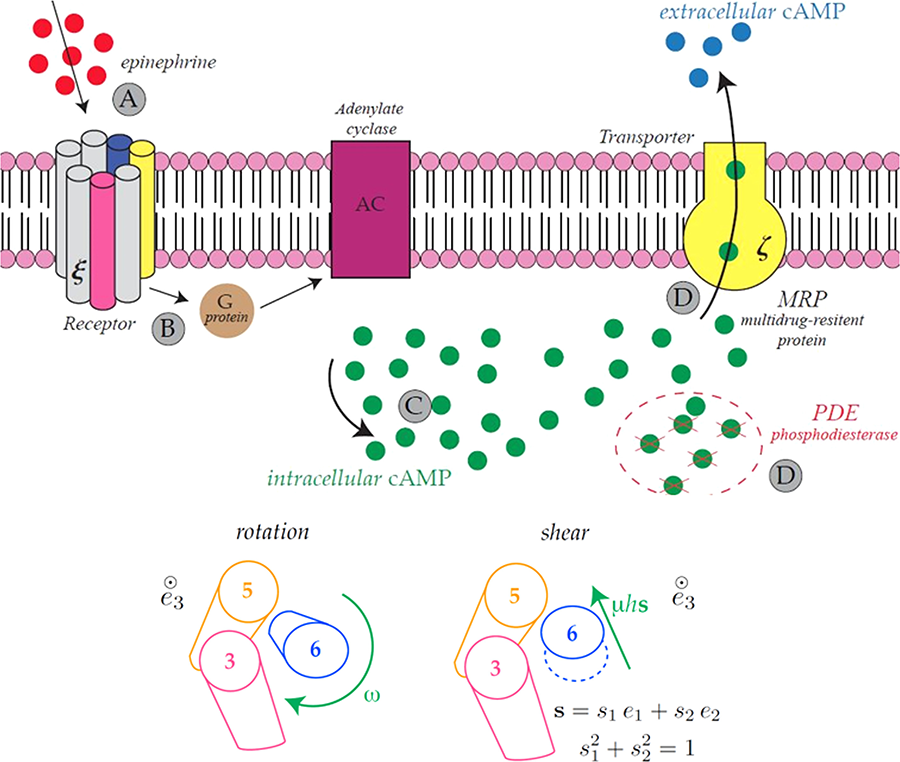
CEE and Coronavirus Research
The COVID-19 pandemic has sparked an unprecedented wave of research among investigators across varied disciplines. At CEE, faculty are looking into detection and treatment methods as well as socio-economic impacts.
Using Machine Learning to Identify Pathogens in Wastewater
Wastewater epidemiology is emerging as a method for tracking numbers of pathogen-infected people in a human population. However, current approaches are labor-intensive due to the need for individual experiments for each pathogen under consideration. Moreover, there is a need for ad hoc knowledge of what pathogen should be sought.
Professor Kelvin Gregory and PhD student Esteban Londono are developing a machine learning approach for simultaneously identifying multiple pathogens in metagenomic data from wastewater samples. The machine currently scans the dataset for genomic fragments from SARS-CoV-2 (COVID-19) and is able to scan simultaneously for many pathogens. Once developed, this technology will detect pathogens and viruses in the population and enable public response before they become a dangerous epidemic.
Mechanobiology Predicts Raft Formations Triggered by Ligand-Receptor Activity Across the Cell Membrane
Professor Kaushik Dayal and Postdoctoral Research Associate Mahnoush Babaei recently co-authored a new study published in the Journal of Mechanics and Physics of Solids. The paper explores how pathogens use clever methods to invade cell membranes—namely, deceiving the membrane into thinking the virus
is safe, instigating the formation process of lipid rafts, which are more likely to allow the virus to enter
the cell.
The study analyzes the physical components of what takes places during ligand-binding. Understanding how viruses use lipid rafts could lead to new approaches to treat and prevent viruses, such as SARS-CoV-2, which causes COVID-19. This paper was a collaboration with multiple institutions worldwide, including Pitt’s Swanson School of Engineering.
RAPID: Coronavirus, New Patterns in Electricity Demand, and Energy Inequality
CEE/EPP Assistant Professor Destenie Nock is part of a NSF RAPID grant team. Her portion of the project focuses on developing an energy poverty index based on the distance in energy consumption levels to measure the inability of households to obtain sufficient energy services during the pandemic.
The team will also conduct consumer-level statistical and machine learning analyses using large samples of individual-consumer-level hourly smart meter electricity demand data in three cities.

